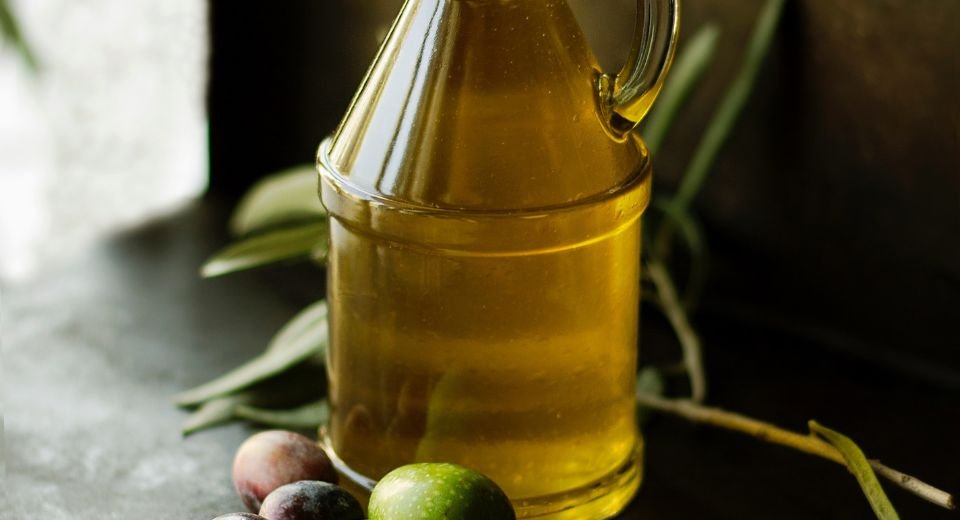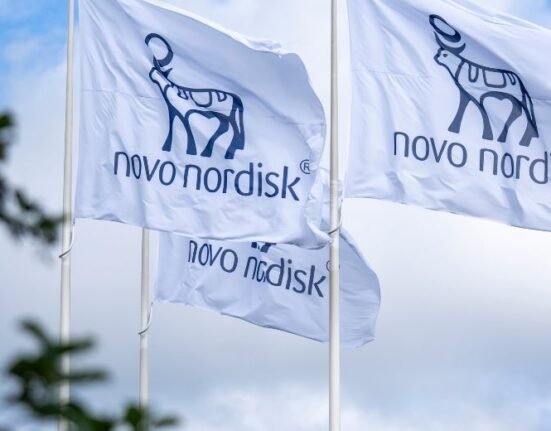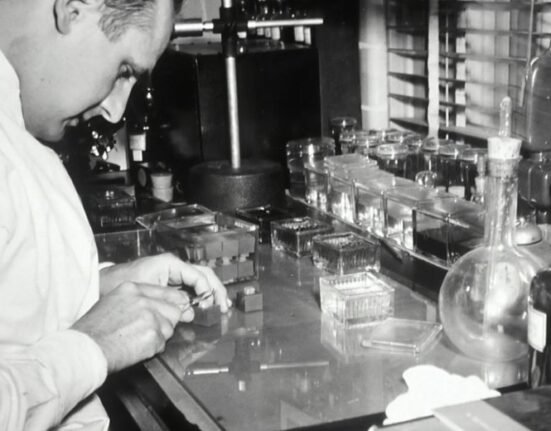HQ Team
November 6, 2023: The USFDA plans to revoke a regulation authorising the use of brominated vegetable oil in food as it considers it no longer safe, following studies conducted by the National Institutes of Health.
Brominated vegetable oil (BVO), a vegetable oil that is modified with bromine, is authorised by the FDA for use in small amounts to keep the citrus flavouring from separating and floating to the top of some beverages.
In 1970, the FDA determined BVO was no longer “Generally Recognized as Safe” and began overseeing its use under our food additive regulations.
Beverage makers reformulated their products to replace BVO with an alternative ingredient, and today, few beverages in the US contain BVO, according to a November 2 FDA statement.
“Recent toxicology studies conducted in collaboration with the NIH have now given us conclusive scientific evidence to support our proposal to remove the FDA’s food additive authorization for BVO.”
Four safety issues
In a 2014 review, the FDA identified four unresolved safety questions concerning the use of BVO in food — the potential for thyroid toxicity, bioaccumulation, developmental neurotoxicity, and reproductive toxicity.
At the time the safety data and information available did not provide evidence of a health threat resulting from the limited permitted use of BVO as a flavouring stabiliser in fruit-flavoured beverages, according to a separate statement.
The FDA reviewed other research material that did not establish safe levels of chronic use. The regulator also identified deficiencies in the existing studies, including poor study design by modern standards, equivocal results, inconsistencies in measured parameters between studies, and suboptimal dose selection.
New rodent safety studies on BVO were designed and executed to address two of the unresolved safety questions — the potential for thyroid toxicity and bioaccumulation.
The rodent safety studies conducted by the National Center for Toxicological Research were published last year and confirmed previous reports that dietary exposure to BVO is toxic to the thyroid and results in bioaccumulation of lipid-bound bromine in the body at doses relevant to human exposure.
Cherry-pink colour additive
The FDA is also currently reviewing the colour additive regulations authorising the use of FD&C Red No. 3 in ingested drugs and foods, including dietary supplements.
The review comes under the Delaney Clause of the Federal Food, Drug, and Cosmetic Act, which, in relevant part, prohibits the FDA from approving a colour additive that is ingested if it causes cancer in animals or humans when ingested. “A decision from the FDA is forthcoming.”
FD&C Red No. 3, also known as erythrosine, is a synthetic dye with a cherry-pink stain. In foods, it is used to dye cake decorating gel, candies and popsicles, among other food items.
The USFDA’s proposed Human Foods Program transformation is currently underway to enhance the regulator’s review of food chemical safety.
The proposal would include the creation of the Office of Food Chemical Safety, Dietary Supplements and Innovation where we intend to develop a faster and “more nimble” process for evaluating chemicals in the food supply.








